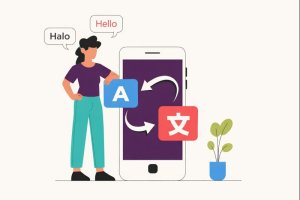Learning a new language is a valuable skill that can open doors in both your personal and professional life. However, finding the time and resources to study can be a challenge. Fortunately, modern technology offers practical solutions in the form of language learning apps. Therefore, it is possible to learn a new language efficiently and enjoyably, right from your smartphone or tablet.
In this article, we’ll explore the best apps for learning a new language. Through a detailed analysis, you’ll discover the features and benefits of each one, helping you choose the app that best suits your needs and goals. This way, you can start your language learning journey with the most suitable tools.
Efficient Apps for Learning Languages
As the demand for language skills grows, more and more language learning apps are emerging. Below, we highlight the best apps that can transform the way you learn a new language.
1. Duolingo
Duolingo is one of the most popular and affordable language learning apps. It offers a gamified approach to learning, making the process fun and engaging. So if you're looking for an interactive method to learn a new language, Duolingo is an excellent choice.
In addition, Duolingo offers courses in different languages, from the most common ones like English and Spanish, to less common languages like Esperanto and Klingon. The app uses reading, writing, listening and speaking exercises to help you master the new language.
2. Babbel
Babbel is another great option for learning languages, known for its focus on practical conversation and relevant vocabulary. With lessons structured by linguistic experts, Babbel offers a more academic approach to language learning. So if you’re looking for a more traditional, systematic method, Babbel is the way to go.
The app offers courses in 14 different languages and focuses on real-life conversations to prepare you for real-life situations. Babbel also includes review quizzes to help you solidify your knowledge.
3. Rosetta Stone
Rosetta Stone is one of the oldest and most respected platforms in the language learning space. It uses a full immersion approach, where you learn the new language in the same way you learned your native language. So if you’re looking for a natural and intuitive learning experience, Rosetta Stone is a great choice.
Rosetta Stone offers courses in over 24 languages and uses speech recognition to help you perfect your pronunciation. The app also includes interactive exercises to improve your reading, writing, listening, and speaking skills.
4. Memrise
Memrise is a language learning app that combines memorization with videos of native speakers, offering a unique and effective approach. It uses spaced repetition techniques to help you commit new words and phrases to your long-term memory. So if you’re looking to improve your vocabulary effectively, Memrise is a great option.
Additionally, Memrise offers a wide range of courses in different languages, created by experts and the user community. The app also includes games and quizzes to make learning more fun.
5. Busuu
Busuu is an app that combines technology with social interaction to provide a complete language learning experience. It allows you to practice with native speakers through its global community, as well as offering structured lessons from experts. So if you’re looking for a platform that offers both formal learning and real-world practice, Busuu is the place to be.
Busuu offers courses in 12 languages and includes features like grammar, vocabulary, and writing exercises. Plus, the app offers personalized study plans to help you reach your learning goals faster.
Language Learning App Features
Language learning apps offer a variety of features that can transform the way you learn. From interactive exercises to memorization techniques and practice with native speakers, these tools are designed to make learning more effective and accessible.
Additionally, many of these apps include additional features like assessment tests, personalized study plans, and exclusive subscriber-only content. Therefore, it’s important to explore the different options available and choose the ones that best suit your specific needs.
FAQ about Language Learning Apps
1. What is the best app for learning a new language? The best app for learning a new language depends on your preferences and goals. Duolingo is great for beginners, while Babbel offers a more academic approach. Try out different apps to find the one that works best for you.
2. Are these apps free? Many of these apps offer free versions with basic functionality. However, to access advanced features and additional content, you may need to purchase a paid subscription.
3. How do I choose the right app for me? Consider your needs and goals when choosing an app. If you’re looking for a gamified approach, Duolingo is a good choice. For a more immersive learning experience, Rosetta Stone is ideal. Try out different options to see what works best for you.
4. Can I use more than one application at the same time? Yes, many users combine different apps to get the most out of their features. For example, you might use Memrise to improve your vocabulary and Busuu to practice with native speakers.
5. Do these apps work on all devices? Most language learning apps are cross-platform, working on iOS, Android, and even web browsers. Check compatibility before choosing an app.
Conclusion
In conclusion, learning a new language can be an enriching and rewarding experience. The apps mentioned in this article offer a variety of features that can help you achieve fluency in a practical and fun way. So, explore these options and choose the ones that best suit your needs to start your language learning journey on the right foot.



